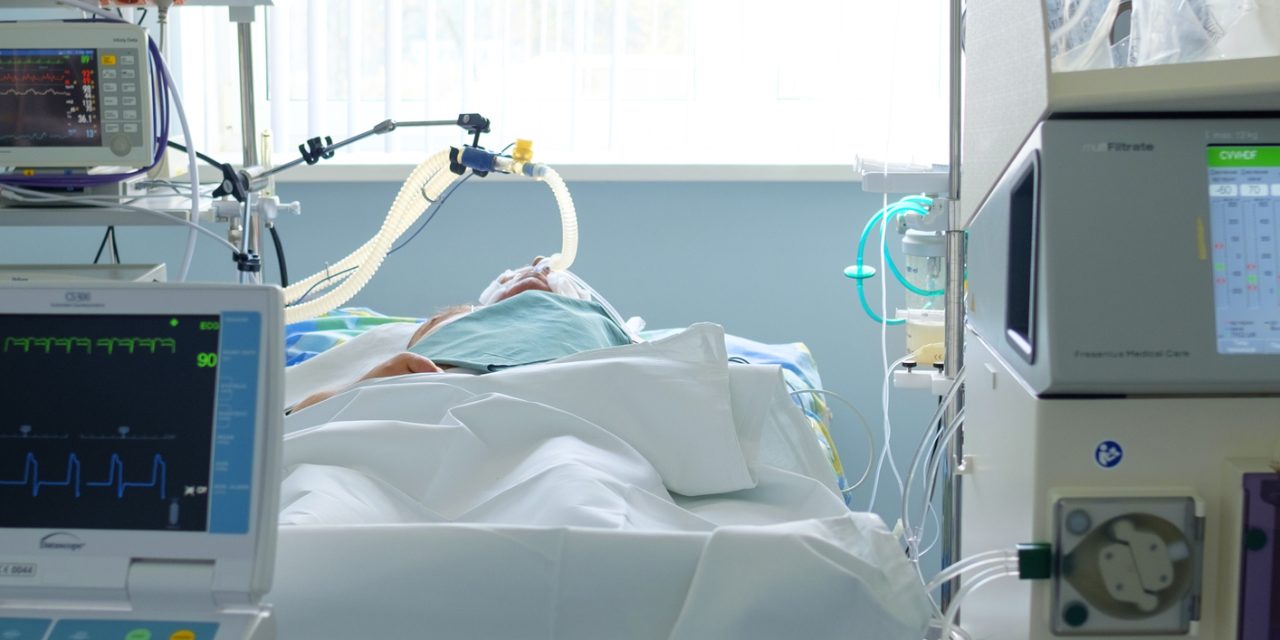Acute mesenteric ischemia (AMI) refers to the sudden onset of intestinal hypoperfusion that can also result from splanchnic venous occlusion. The portomesenteric venous system (PMVS) is an unusual site of thrombosis in patients with protein S deficiency and its obstruction is a rare cause of AMI. Aim of this report is to illustrate a successful strategy in a case of massive small bowel infarction managed with an open abdomen (OA) approach.
A 64 year-old woman presented to the emergency department with acute abdominal pain, rectal bleeding, diarrhea and vomiting. Contrast-enhanced computed tomography (CECT) showed small bowel ischemia and the complete occlusion of all the PMVS branches. Surgery was performed with an OA approach and anticoagulation was immediately begun. Further workup revealed isolated protein S deficiency and history of atrophic gastritis. Thromboprophylaxis with warfarin was started on discharge and no recurrence of thrombotic events was recorded during the one-year follow-up.
PMVS thrombosis related to protein S deficiency is a rare condition that can rapidly lead to an acute abdomen. CECT is the gold standard, because it detects splanchnic thrombosis and its possible complications, like bowel ischemia. In case of surgery, a planned second-look operation is the best strategy to assess bowel viability and possible ischemic progression.
OA management plays a fundamental role in case of resection for bowel ischemia. Patients with thrombosis at an uncommon site should be further investigated for prothrombotic states.
Copyright © 2020 The Author(s). Published by Elsevier Ltd.. All rights reserved.
Open abdomen management for massive intestinal infarction due to acute splanchnic venous thrombosis in a patient with protein S deficiency. A case report.


